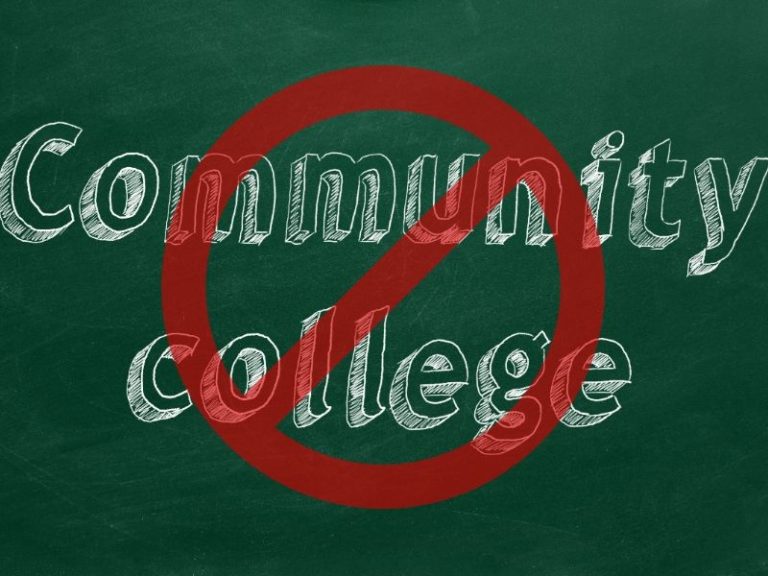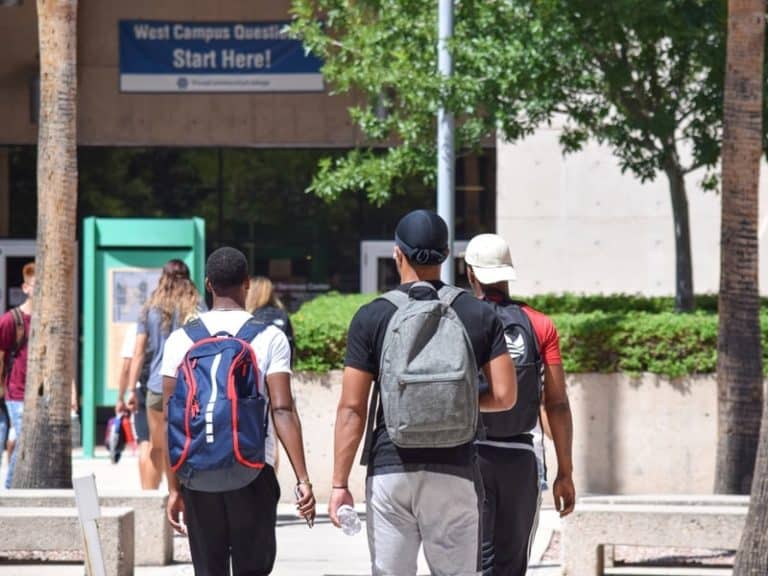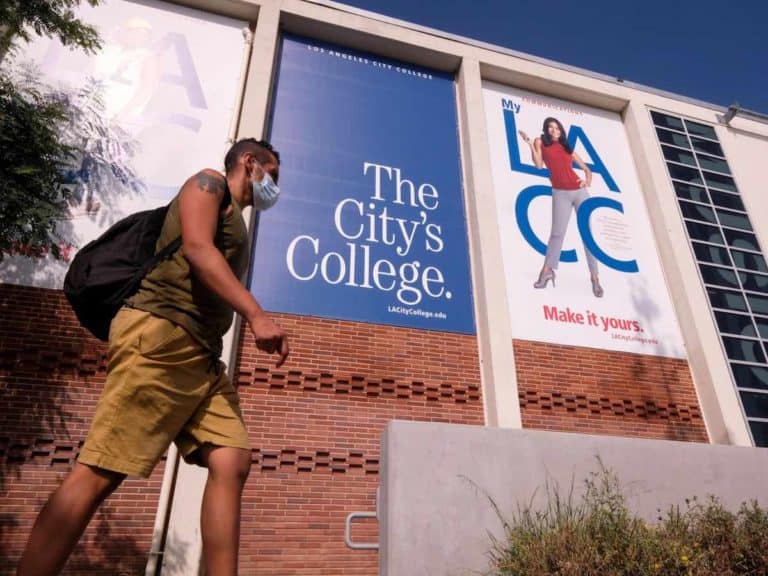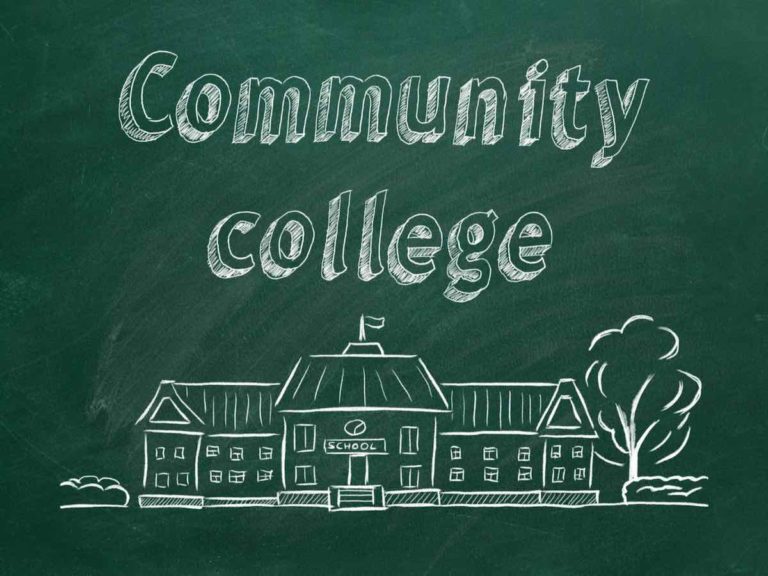Is It Easier to Transfer To a College Then Get Admitted as Freshman
Approximately 31% of community college students transfer to 4-year institutions to pursue a bachelor’s degree. Unfortunately, some colleges and universities accept only a small number of transfer applicants.
Naturally, you may wonder if your chances are higher to be admitted as a transferee than a freshman. Interestingly enough, in some cases, it is true.
Generally, if the college has an articulation agreement with a community college, transfer students have higher chances of being admitted than freshmen applicants. Transfer students are usually guaranteed admission as long as they keep a minimum GPA.
However, transferring can be more complicated than a degree-seeking student would expect.
According to the National Student Clearinghouse, those who get accepted usually lose credits equivalent to a full semester or even more.
This happened to my wife when she transferred from our local community college to an in-state flagship university – only 60 credits out of 80 were transferred.
So, in this post, I want to share some things you need to know to avoid unnecessary money and time spent in school.

What is an Articulation Agreement?
An articulation agreement is a form of guarantee that classes completed and credits earned at one school, usually a 2-year institution like a community college, will be accepted when the student transfers to a 4-year institution, usually one that’s located in the same state or, in some instances, region as the sender school.
In a nutshell, an articulation agreement aims to preserve a student’s academic progress, particularly when switching schools to further one’s educational pursuit — i.e., earning a bachelor’s degree after having an associate degree.
What it does is that, basically, it outlines which courses in which institutions will map toward a specific degree program.
It’s true that the idea of an articulation agreement remains the same across the board. However, the terms that come with it can vary from school to school and from state to state.
And speaking of which, institutions with articulation agreements with each other are usually located in the same state, but there are times when it’s also regionally mediated.
Articulation agreements can be more robust between community colleges and 4-year institutions in some states, while articulation agreements in other states may not demonstrate the same.
Five Types of Articulation Agreements
It’s not enough that you determine whether or not your community college and your target 4-year institution have an articulation agreement with one another — it’s also a must that you research what it is exactly.
Failure to establish articulation agreement terms can complicate and may even hinder transfer.
In most instances, it all begins with knowing the specifics.
For instance, having an idea of whether or not there’s a minimum GPA or degree to meet or whether or not there are certain courses whose credits cannot count toward a bachelor’s degree is of utmost importance.
Otherwise, you could lose some credits or end up having to attend a different college or university.
Articulation agreements come from 3 perspectives — by the student, by the sender college and by the receiving school.
And here are the different types as well as the terms of each one:
Guaranteed transfer
Simply put, this type of articulation agreement guarantees the transfer of earned credits from one school to the other.
Most, if not all, credits earned from a 2-year institution will transfer.
Of course, it’s important for the transferee to meet certain requirements beforehand, such as having a certain grade for each completed course.
Guaranteed admission
As the name suggests, a guaranteed admission articulation agreement guarantees the admission of the transferee, provided that minimum requirements are met, such as completing an associate degree program or having a minimum average GPA.
Program-specific
This particular type of articulation agreement specifies how the program from a community college aligns with that from a 2-year institution and what additional courses, if any, the transferee has to take at the receiving school so that he or she can earn a bachelor’s degree.
Students in some degree programs may not enjoy this sort of articulation agreement.
Dual enrollment
Attending a community college with a dual enrollment articulation program with a partner school is a great time saver — it makes it possible for the undergraduate to work on an associate degree and a bachelor’s degree at the same time by taking courses from the 2-year institution and the 4-year institution simultaneously.
State credit transfer
In some instances, colleges and universities located in different states may have articulation agreements with one another, which makes the transfer of a student from one to the other with as little complication as possible.
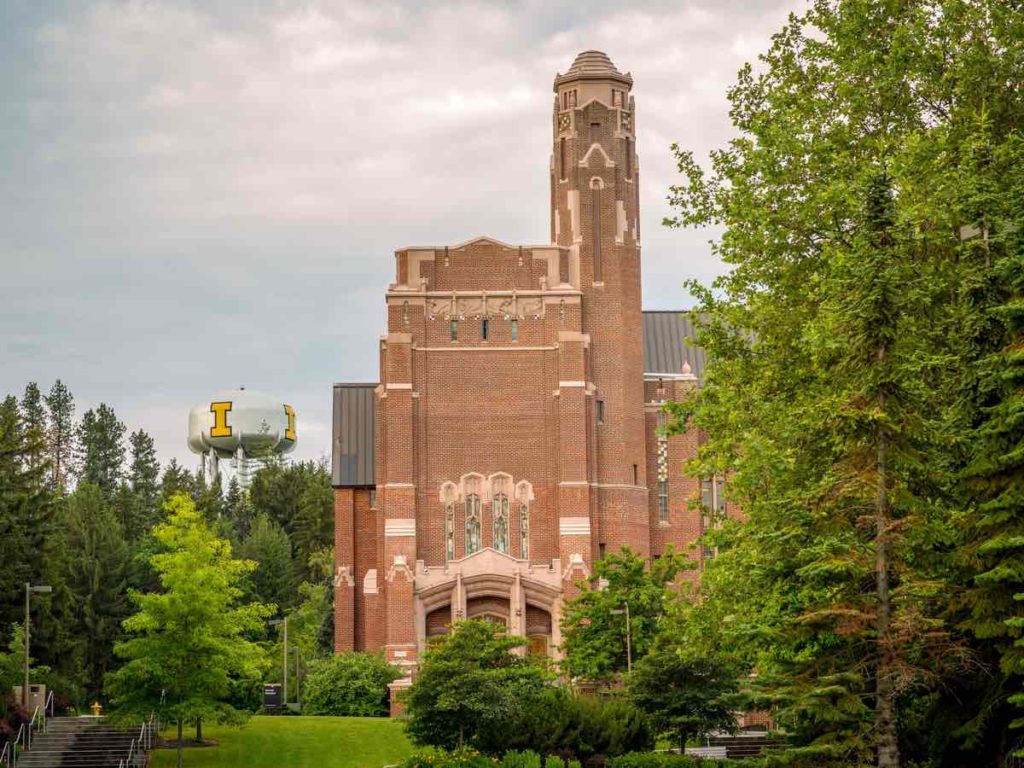
Which Colleges Have Articulation Agreements?
In most instances, colleges and universities with articulation agreements with community colleges and other similar institutions are state or flagship schools. However, there are also private institutions with articulation agreements.
As a matter of fact, some selective schools, including a few Ivy Leagues, have articulation agreements.
Fortunately for community college students who wish to fulfill their dream of becoming bachelor’s degree holders after graduation, there are many 4-year institutions with articulation agreements.
As expected, some states have more of them than others.
Always been your goal to head to a 4-year school after earning an associate degree?
Then make sure that you check whether or not the 2-year institution you are planning on attending has some articulation agreements with colleges and universities in the state or region to make your transfer in the future as trouble-free as possible.
Successful transfer of earned credits is the ultimate goal, which will keep you from having to start from scratch when you transfer, thus allowing you to save time and money.
Without further ado, here are some 4-year institutions with articulation agreements per state:
Alabama
- Faulkner University
- Huntingdon College
- Talladega College
- Troy University
- University of Alabama
- University of Montevallo
Alaska
- University of Alaska
Arizona
- Arizona State University
- Prescott College
Arkansas
- Arkansas State University
- Lyon College
- University of Arkansas
California
- California Baptist University
- California State University
- San Jose State University
- Scripps College
- St. Mary’s College of California
- University of California
- University of La Verne
- William Jessup University
Colorado
- Colorado State University
- University of Northern Colorado
Connecticut
- Charter Oak State College
- University of Connecticut
Delaware
- University of Delaware
Florida
- Florida International University
- Florida State University
- University of Central Florida
- University of Florida
- University of South Florida
Georgia
- Agnes Scott College
- Albany State University
- Columbus State University
- University of Georgia
Hawaii
- University of Hawaii
Idaho
- Idaho State University
- University of Idaho
Illinois
- Governors State University
- Illinois College
- Millikin University
- Southern Illinois University
- University of Chicago
Indiana
- Indiana State University
- Indiana University
- Purdue University
- Valparaiso University
Iowa
- University of Iowa
Kansas
- Benedictine College
- Sterling College
Kentucky
- Berea College
- Kentucky State University
- Kentucky Wesleyan College
Louisiana
- Louisiana State University
- Loyola University New Orleans
- Tulane University
- University of Louisiana
- University of New Orleans
Maine
- Bowdoin College
- University of Maine
Maryland
- Morgan State University
- Salisbury University
- University of Maryland
Massachusetts
- Boston University
- Framingham State University
- Harvard University
- Mount Holyoke College
- Northeastern University
- University of Massachusetts
- Williams College
Michigan
- Central Michigan University
- Ferris State University
- Michigan State University
Minnesota
- Concordia University
- Minnesota State University
Mississippi
- Alcorn State University
- Mississippi College
Missouri
- Maryville University of St. Louis
- Missouri Southern State University
- St. Louis University
- Truman State University
- University of Missouri
- Washington University in St. Louis
Montana
- Montana State University
- University of Great Falls
Nebraska
- Peru State College
- York College
Nevada
- Nevada State College
- University of Nevada
New Hampshire
- Granite State College
- Keene State College
New Jersey
- College of New Jersey
- Kean University
- Rutgers, the State University of New Jersey
New Mexico
- New Mexico Highlands University
- St. John’s College
New York
- Cornell University
- CUNY
- New York University
- Skidmore College
- SUNY
North Carolina
- Davidson College
- Duke University
- University of North Carolina
North Dakota
- Mayville State University
- North Dakota State University
Ohio
- Antioch College
- Cleveland State University
- Kenyon College
- Ohio State University
Oklahoma
- Oklahoma City University
- Oklahoma State University
Oregon
- Portland State University
- Western Oregon University
Pennsylvania
- Allegheny College
- Bucknell University
- Duquesne University
- King’s College
- Swarthmore College
Rhode Island
- Brown University
- Bryant University
South Carolina
- Clemson University
- South Carolina State University
South Dakota
- Black Hills State University
- South Dakota School of Mines and Technology
Tennessee
- University of Memphis
Texas
- Baylor University
- LeTourneau University
- Rice University
- University of Houston
- University of Texas at Dallas
Utah
- Southern Utah University
- University of Utah
Vermont
- University of Vermont
Virginia
- Marymount University
- University of Virginia
- Virginia State University
- William and Mary
Washington
- University of Washington
- Washington State University
West Virginia
- Bluefield State College
- Fairmont State University
- Glenville State College
- University of Charleston
Wisconsin
- Beloit College
- University of Wisconsin
Wyoming
- University of Wyoming
Just Before You Transfer to a 4-Year Institution
Applying to a college or university as a transfer student can be more stressful and complicated than applying to it as a first-time, first-year student.
Other than the fact that the acceptance rates for transferees are usually lower than for freshmen applicants, losing earned credits is also a possibility, which can flush invested time and money down the drain.
It’s a good thing that articulation agreements exist between many 2-year and 4-year institutions within the same state or region, which helps make the process of transferring less nerve-racking for community college students.
Related Questions
What’s the maximum number of credits that can be transferred through an articulation agreement?
As articulation agreements between institutions can vary, the maximum number of credits transferees may earn can differ. While 60 is usually the maximum number of transferable credits, California State University, for instance, allows up to 70 transferable credits.
Where do you find your current school’s articulation agreement?
Most of the time, articulation agreement details can be found on the community college’s website. But you may also find valuable information on your state’s Department of Education webpage. There are also numerous sites providing resources for college-bound students that can lend a hand.
Disclaimer: The views and opinions expressed in this article are those of the authors and do not necessarily represent those of the College Reality Check.
